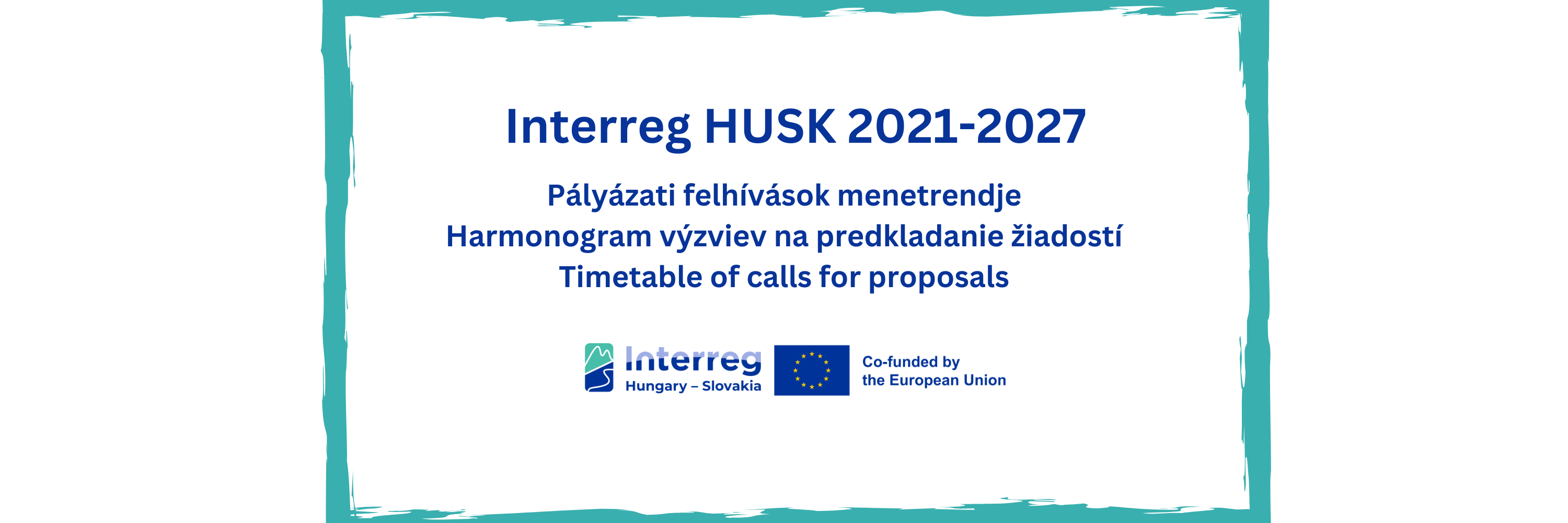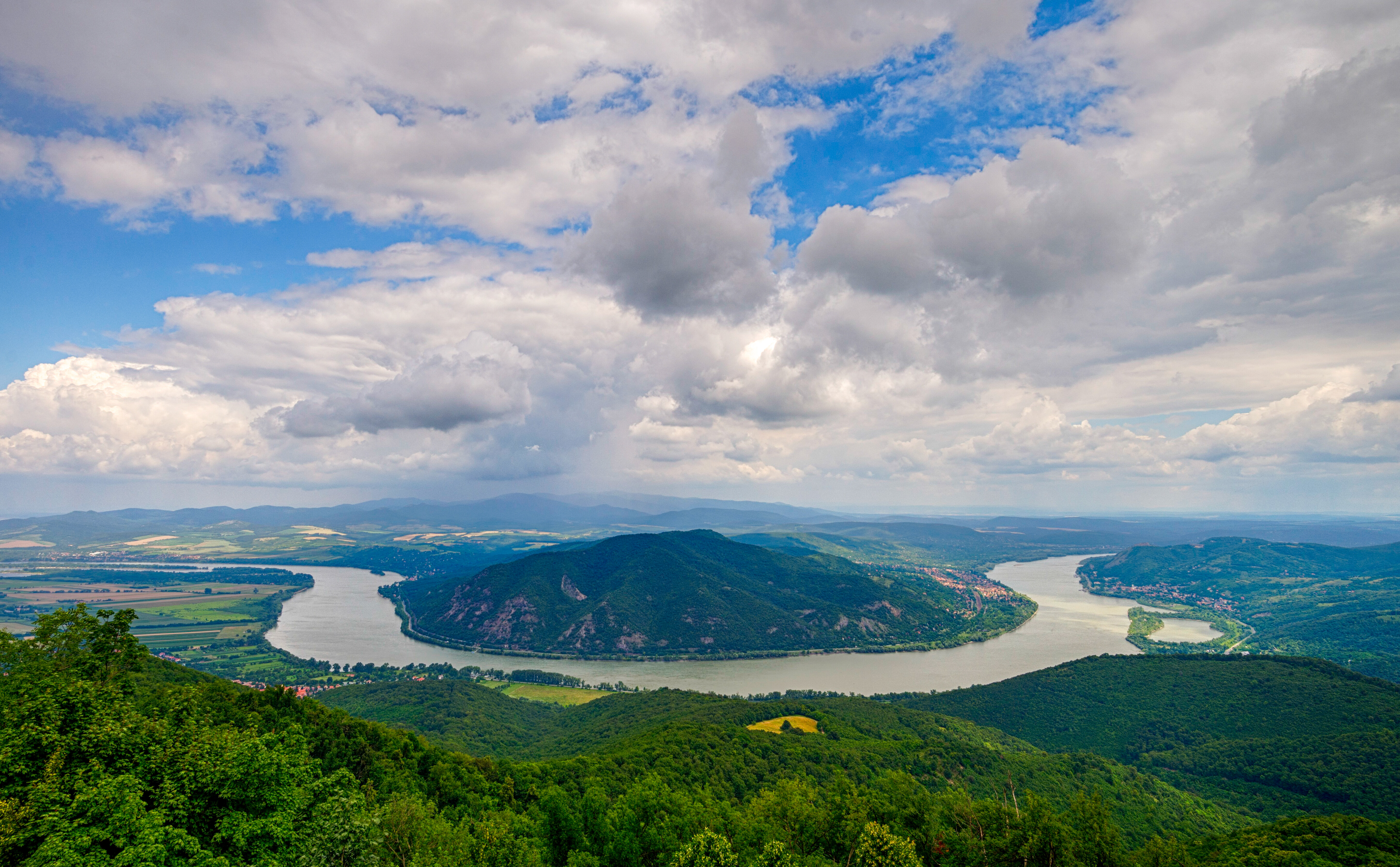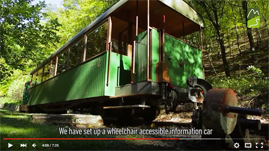European Regional Development Fund
Complex Instruction workshop: Everybody is good at something - 2018/02/27
- Date:
- Location: Športová 7, 94701, Hurbanovo, Slovakia
- Project acronym: KIP on Learning / Schools in a changing world - Inclusive, innovative and reflective teaching and learning - crossborder exchange of knowhow
- Project registration number: SKHU/1601/4.1/172
- Event organized by: Základná škola s materskou školou Árpáda Fesztyho s vyučovacím jazykom maďarským - Feszty Árpád Alapiskola és Óvoda
- Contact person: Deme László
- E-mail address: fesztyalapiskola@gmail.com
- Language of event: Hungarian
- Interpretation: no
- Registration is needed: yes
The Feszty Árpád Elementary School and Kindergarten Ógyalla invites its partner schools and teachers of the surrounding primary schools with Hungarian teaching language to its workshop called Everybody is good at something. Its central theme is the theory and practice of the Complex Instruction. This method allows teachers to organize high level group work. The program is suitable for educating a heterogeneous group of students. We intend to present said method on this day.
Content
During the methodological day, we will try to acquaint you with the positive aspects of the method. After the theoretical introduction, you will see two lessons, Mathematics and Hungarian. Simulated lessons shall follow with the participating teachers which will also be analyzed afterwards. We will point out how to tackle classroom status problems by using a variety of different learning materials, and developing the underlying capabilities. Open-ended, multi-faceted tasks provide students with independent creative thinking and development of their problem-solving skills. Special work organization allows teachers to teach children the collaborative standards within the group to successfully complete the tasks. In Slovakia we are among the first to try to help disadvantaged pupils of the Hungarian-inhabited regions with this method.
Attached documents










